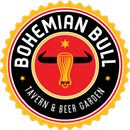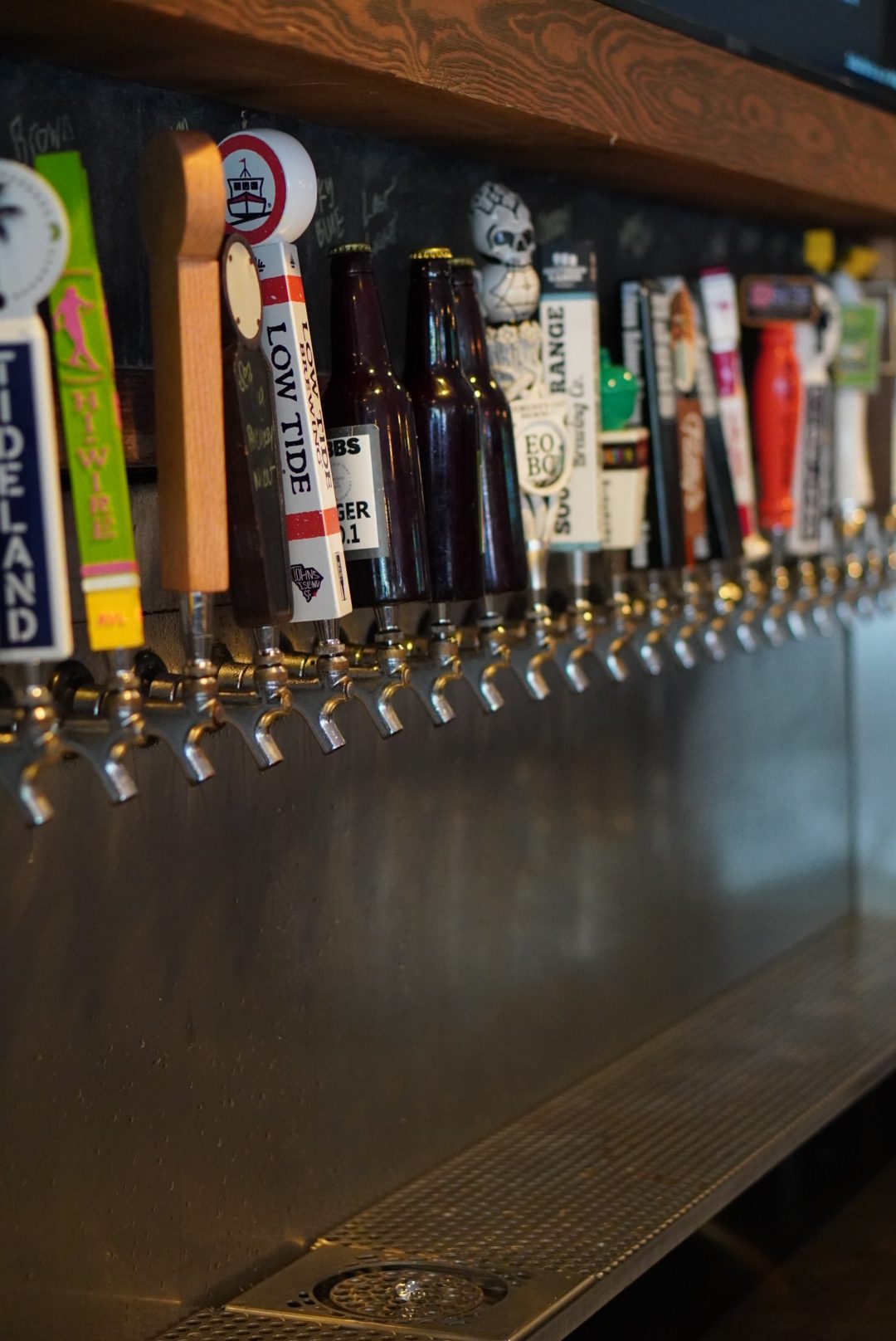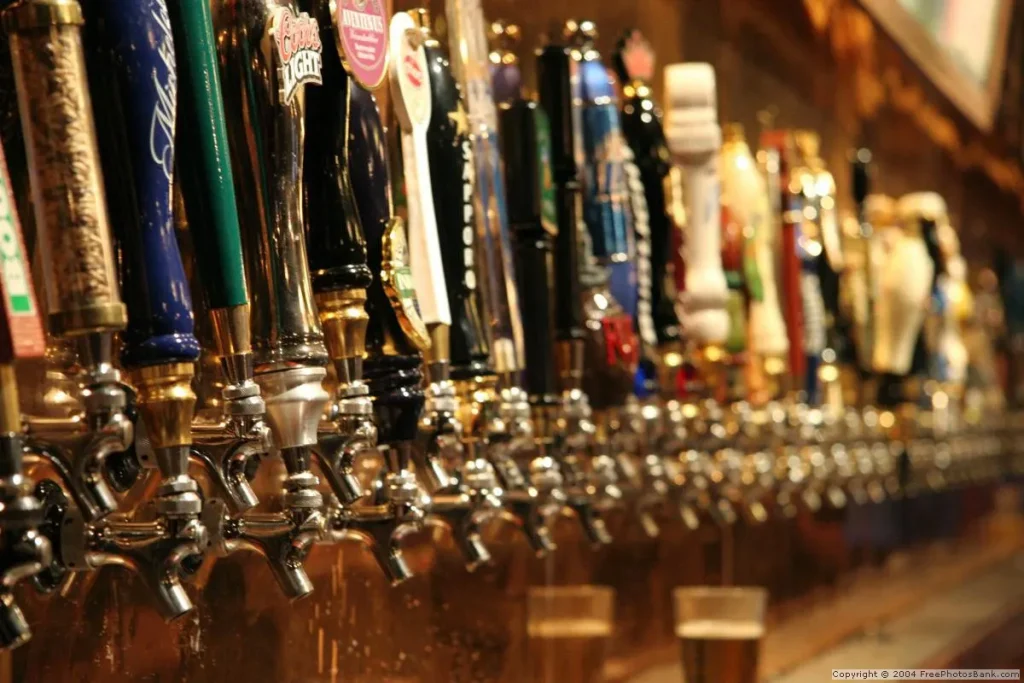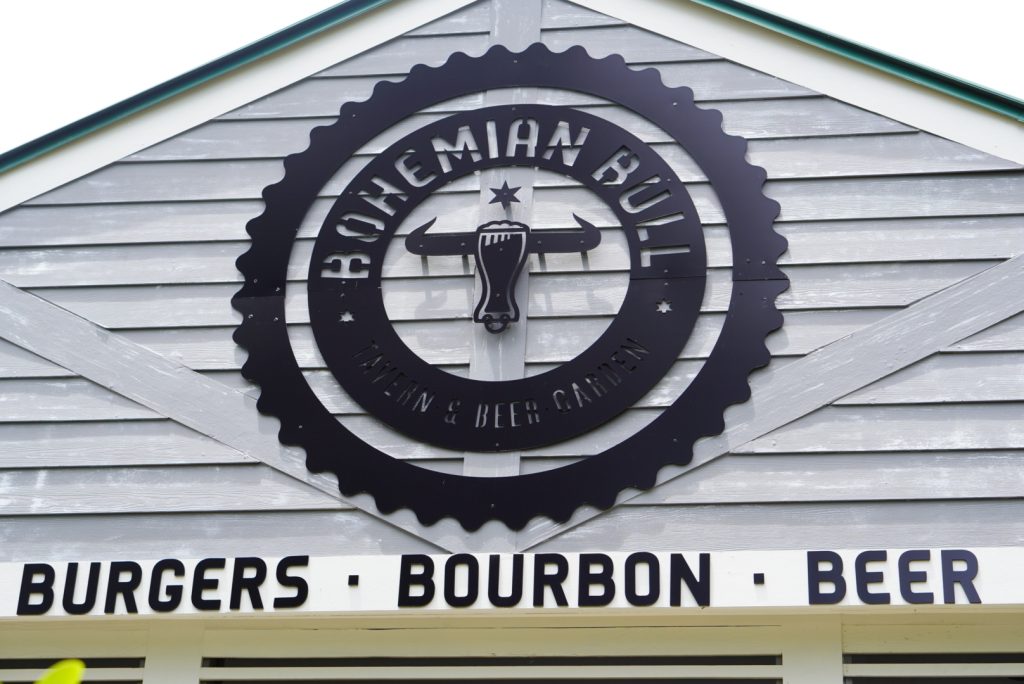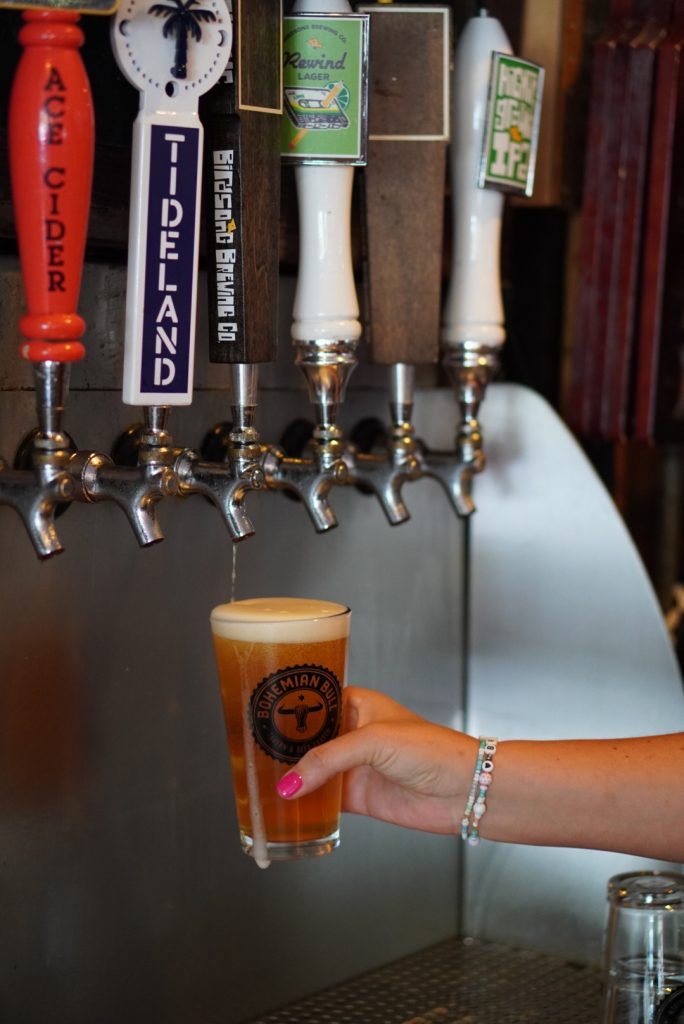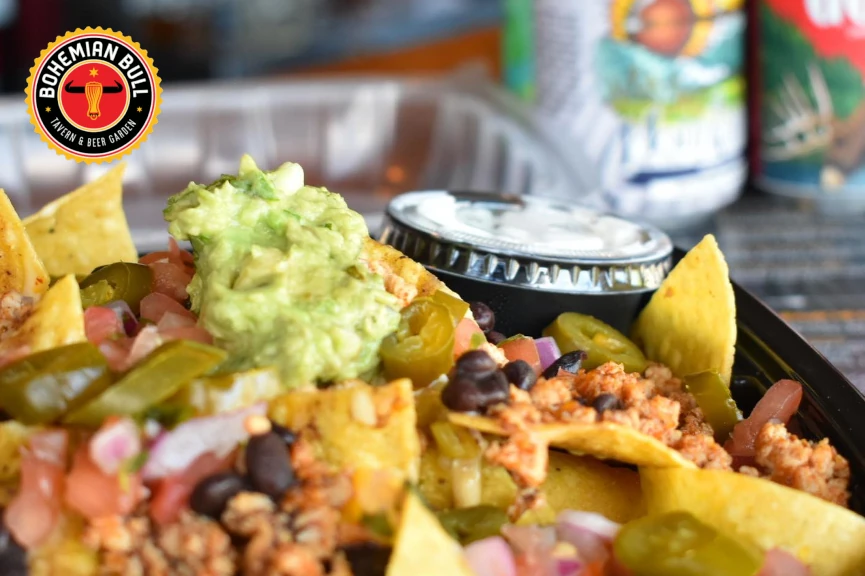Key Points:
🍺 The craft beer segment grew by 7.9% in 2021, capturing $26.8 billion of a $100 billion industry. This highlights the strong demand and lucrative potential within the craft beer market.
📊 A successful craft brewery franchise requires a detailed 2-year business plan, forecasting weekly production of over 500 gallons of beer. This ensures steady supply to meet demand while managing operational costs.
So you’re considering opening a craft brewery franchise. You love craft beer, and the market for that segment was up 7.9% in 2021.
The craft beer market overall is a $26.8 billion segment of a $100 billion industry, so yeah, we totally understand the draw to have your own craft brewery business, whether you go franchise or stay independent.
There are, however, a lot of considerations to make for a craft brewery franchise. Brewing is a complex undertaking. Perhaps we at Bohemian Bull have an alternative that may give you the same happy vibes as a craft brewery investment with a slightly different business model.
Steps to Opening a Craft Brewery Franchise
How Much Craft Beer Can My Brewery Sell?
In truth, the market for craft beer is really solid, rising faster than the overall beer market. It has been the darling of the beer industry for several years now, even with the uncertainty introduced in 2020.
In 2021, the Brewer’s Association tapped craft beer at only a 13.1% share of the overall beer market in barrels, but that share pulled in nearly 27% of overall sales with $26.8 billion. Overall, beer sales increased by 1%, but the craft brew segment of that was 7.9%. Not too shabby.
So the answer to how much beer a craft brewery franchise can sell? Quite a lot. It does depend on the size of the brewery.
That’s where we get into the weeds. It would be best if you had a craft brewery business plan for the next steps.
The Craft Brewery Franchise Business Plan
Let’s be honest, this won’t be a hobby anymore; it’ll be a viable business, and it’s about more than brewing good craft beer. You’ll need to know how much to produce to meet sales.
A good craft brewery business plan should forecast the next 2 years, broken down by product variant (kegs versus packs—bottles and cans) for each type of craft beer you intend to brew.
This amount will inform your production volume for each week. Presume you’ll sell 10 barrels a week (each barrel holds 31 gallons) and 100 cases (24 packs) of 12oz cans or bottles per week. That’s a little over 500 gallons of one type of beer each week.
To keep it (perhaps overly) simple, let’s assume wort in is equivalent to beer produced, so your brewery would produce just over 500 gallons of this craft brew each week. That’s not a big ask for a commercial-level craft brewery franchise.
It gets much more complicated when you add multiple flavor profiles.
How Many Craft Beers Are You Planning to Produce?
You can make as many beer varieties as you’d like, but the more product variants you have (and each barcode for package type—keg, can, or bottle—counts as its own variant), the more complicated your craft brewery franchise becomes.
The more varieties you have, the more tanks you’ll need in your brewery because each fermenter can only hold one beer at a time.
Some will sell better than others. The more popular brews should go into your bigger tanks to keep up with demand.
So, how many fermenters do you need? What sizes will they be? Will you purchase 10 bbl fermenters only to discover in 6 or 12 months you could have, for roughly the same footprint, housed a 20 bbl fermenter in the same space and scaled up your capacity as your brewery’s popularity grew?
But then, how many fermenters can you reasonably house in your cellar? You may be able to mix and match different size tanks to maximize your space and the number of brews you offer.
It may sound great for your craft brewery franchise to have 20 different taps in your brewpub, but is it actually a good idea? Not always.
How Many Shifts Is Your Craft Brewery Franchise Running?
In a 24-hour period, your craft brewery business could run up to three 8-hour shifts. The very large breweries run 24 hours a day, but small breweries, especially those in their early stages, typically run a single daily shift.
Why does your daily number of shifts matter? Because this can inform how many brew cycles your craft brewery franchise can turn in a day. The more brews in a day, the more volume you can produce, which means more beer. Fantastic, right?
That’s only one part of the job. You’ll also need to consider time for quality control, yeast handling, dry-hopping, and transfers. Also, packaging. Not everyone wants barrels.
Is a Craft Brewery Franchise Perhaps a Bit Much?
Okay, so maybe the craft brewery business is a bigger, more complex business than it seems at first glance. That’s a lot of unknowns and a lot of complex moving parts before the end result of the craft brewery’s expected payoff.
We have an alternative that may intrigue the craft beer lover and hobby brewer—a Bohemian Bull Tavern & Beer Garden franchise.
We’re not a brewery, but we love craft beer, and our menu shows it. We’re very particular about the sips that make our menu, too, so we showcase only the best of local, regional, and national craft breweries.
Because each Bohemian Bull franchise location will have its own local and regional craft breweries nearby, there will be variances between franchises for this part of our menu. It gives our franchise owners a chance to get into the spirit of craft brews and highlight those that deserve space on the Bohemian Bull’s tap.
You don’t have to do the work of brewing yourself, but you sure can showcase those wonderful craft beer varieties alongside an incredibly nuanced and flavorful menu that’s also been given some serious consideration.
Have a look around our website, check out our investment page, learn more about our brand, and get a feel for how much we love craft brews. You might find yourself among kindred spirits.
An investment with Bohemian Bull Tavern & Beer Garden could be a lesser complex undertaking rather than owning a craft brewery franchise. We’re looking for passionate, business-minded investors who are ready to take their portfolios to the next level. Is that you? Contact us today!
Investors interested in the craft beer business industry should be prepared for an initial investment ranging from $508,000 to $1,242,500 to establish a Bohemian Bull franchise, which includes a variety of costs essential for building a strong presence in the community” Learn more about the initial investment
